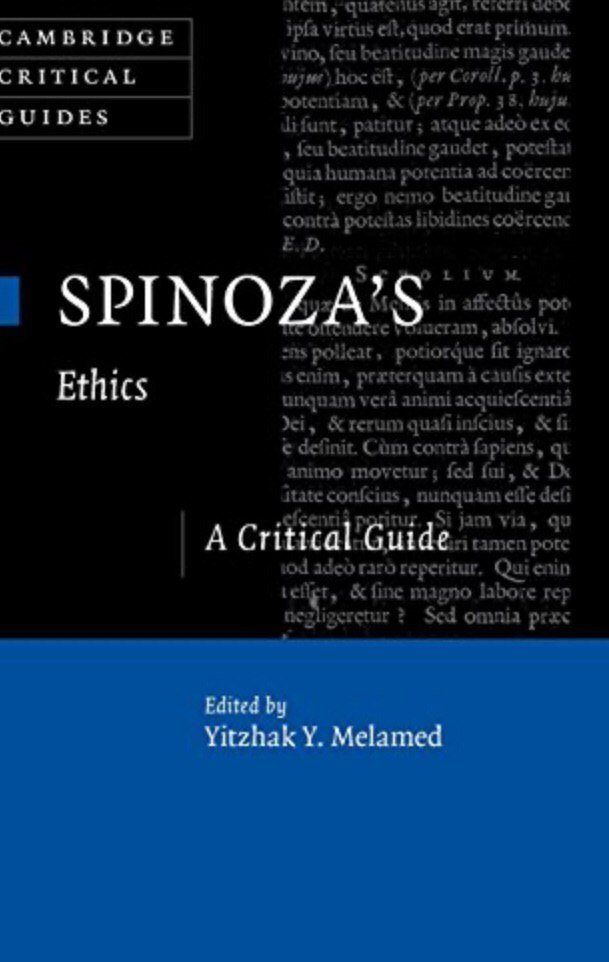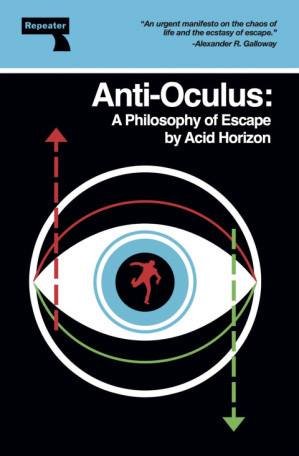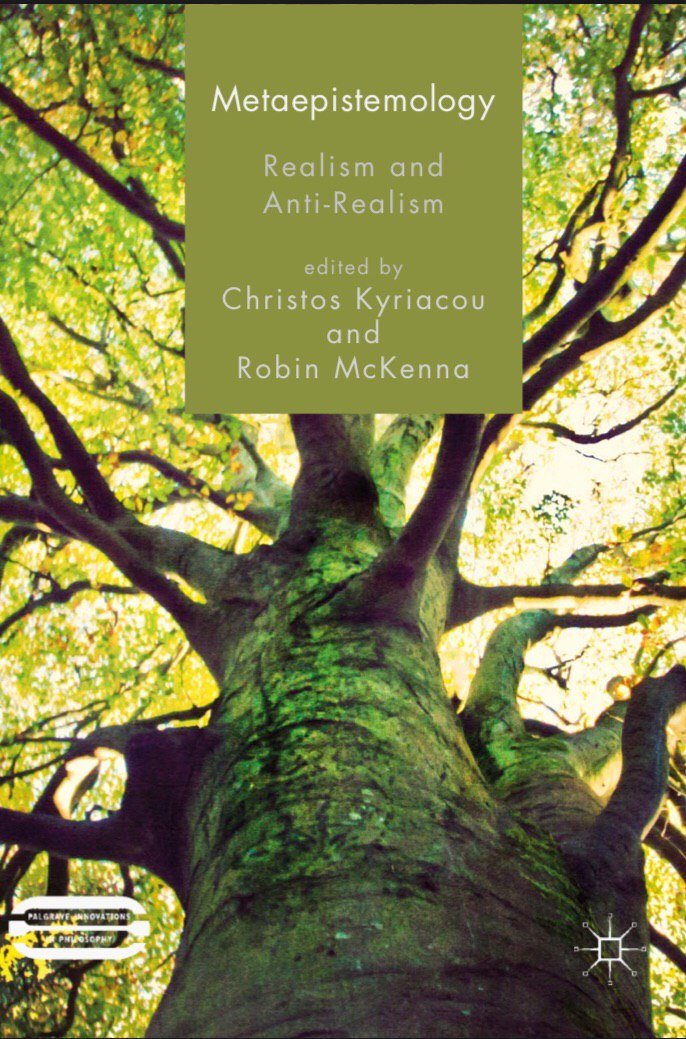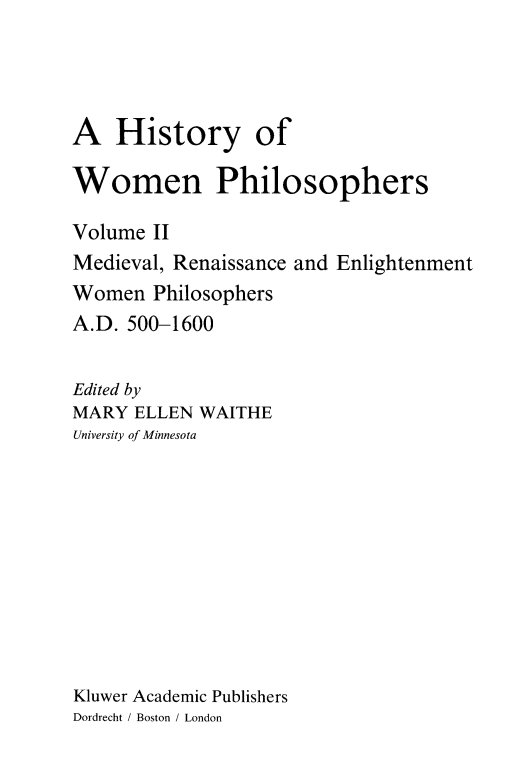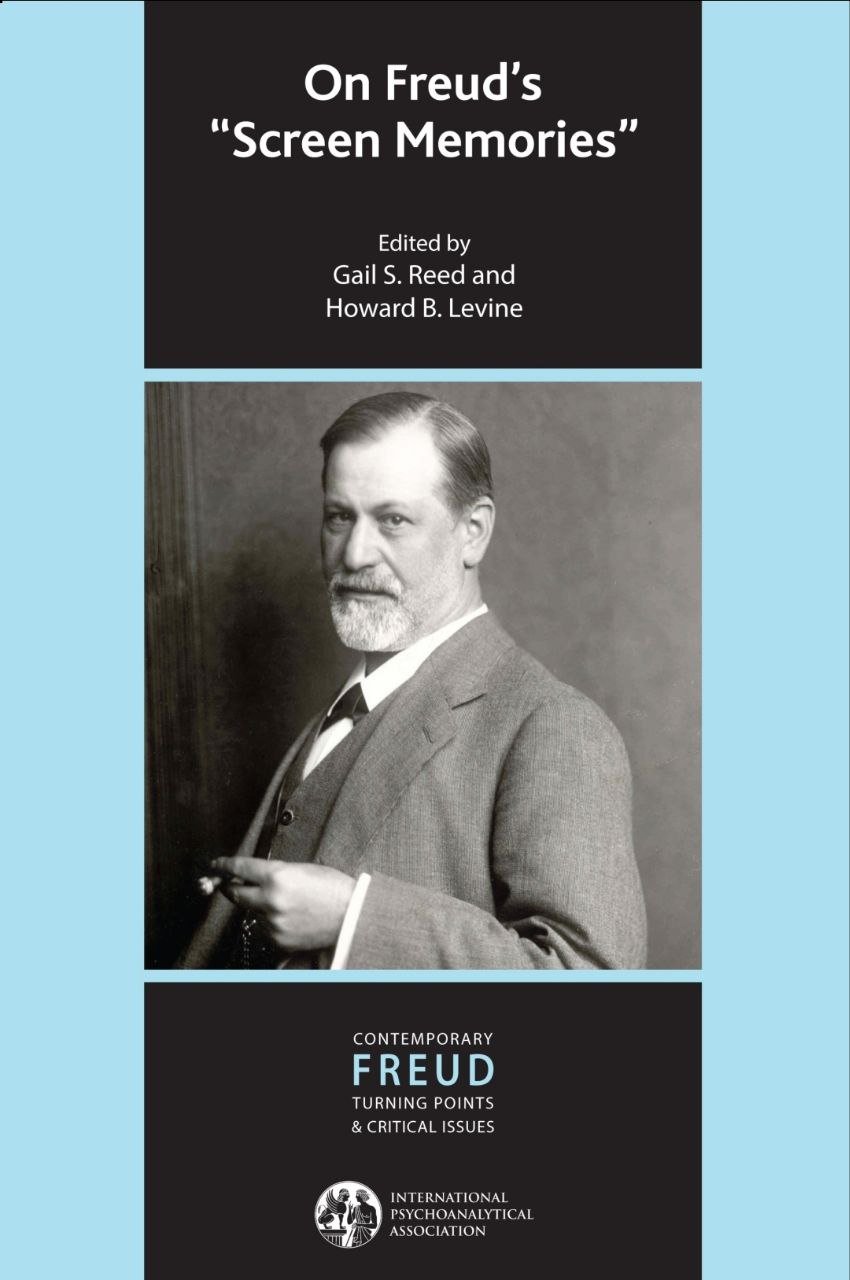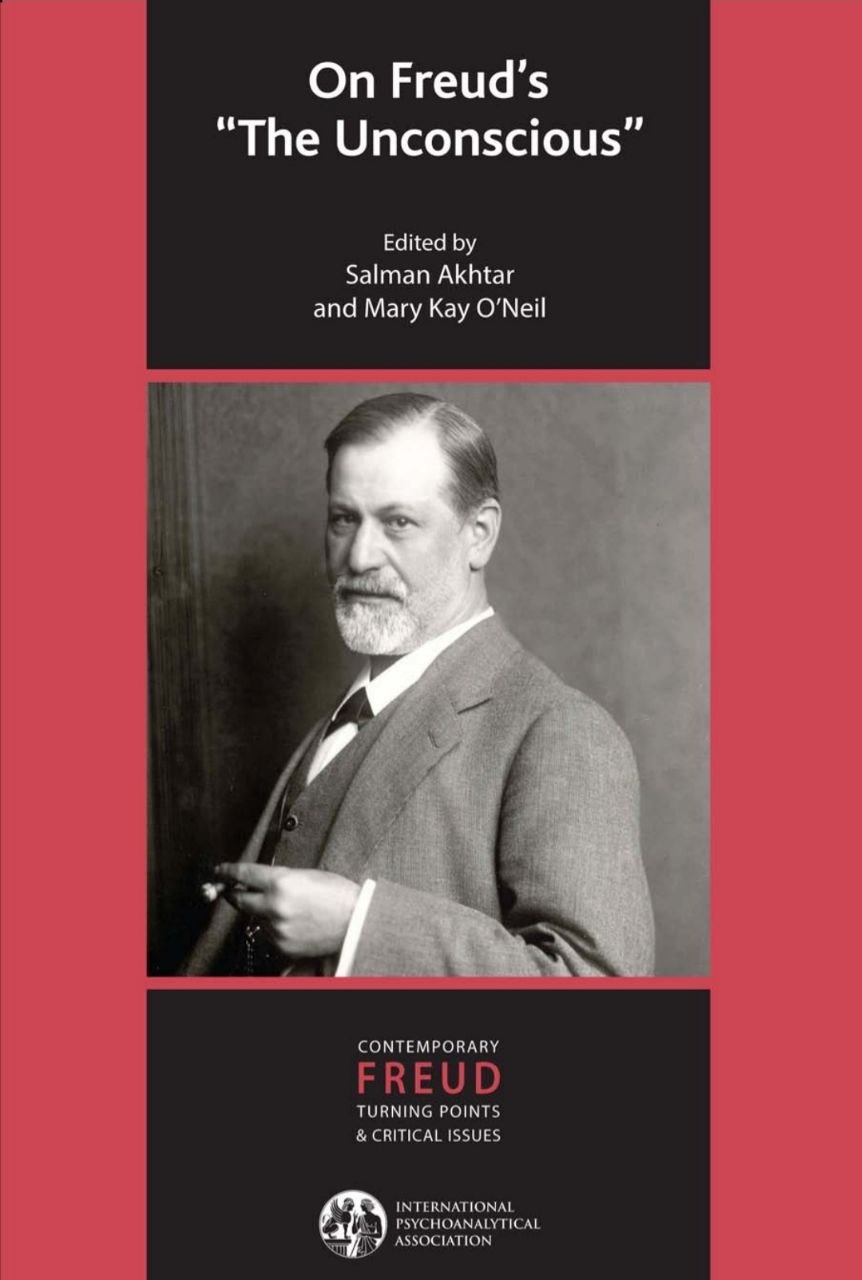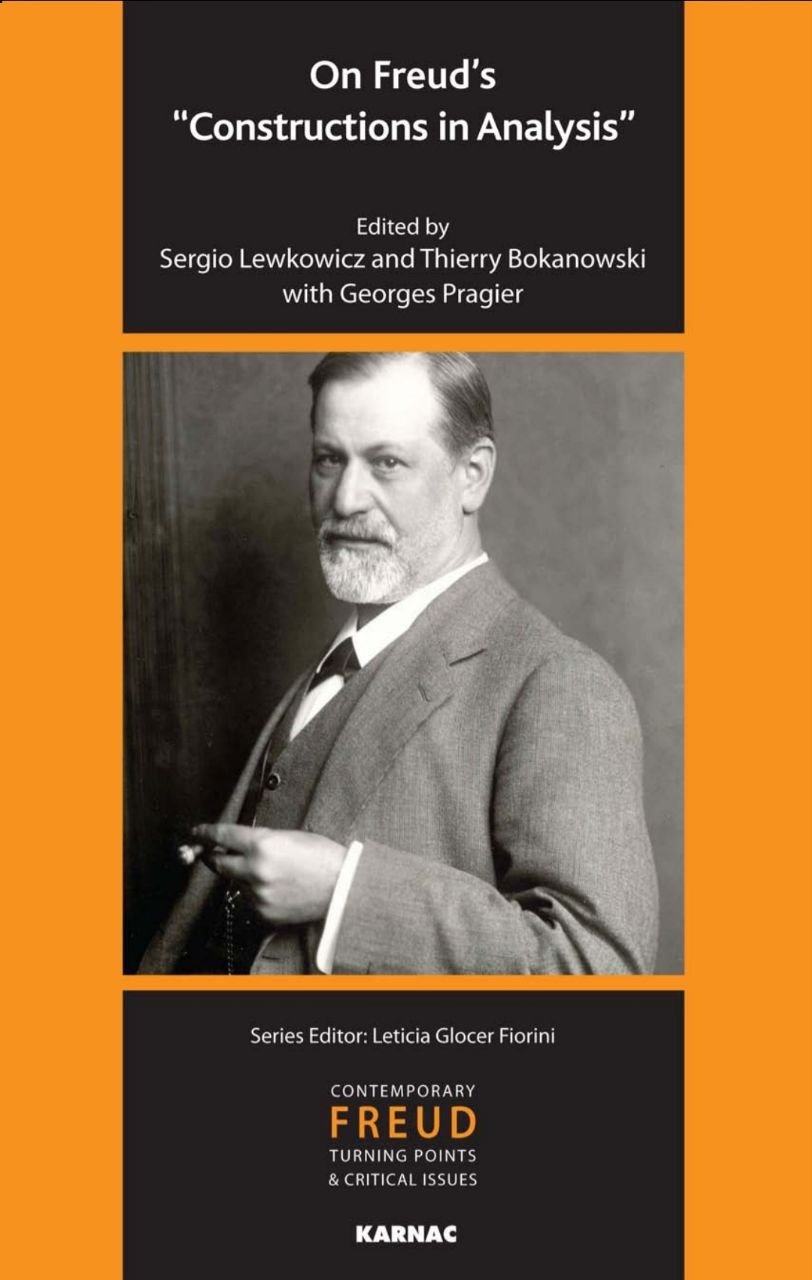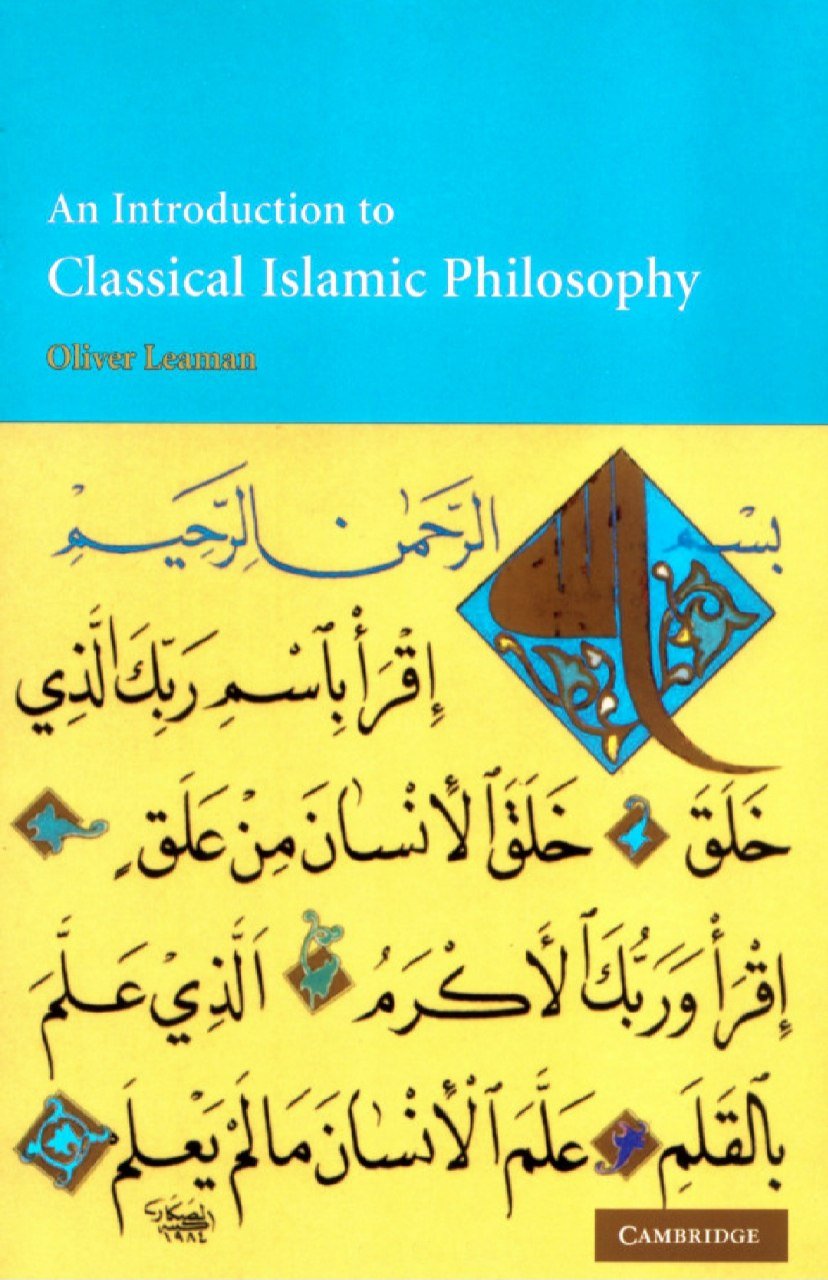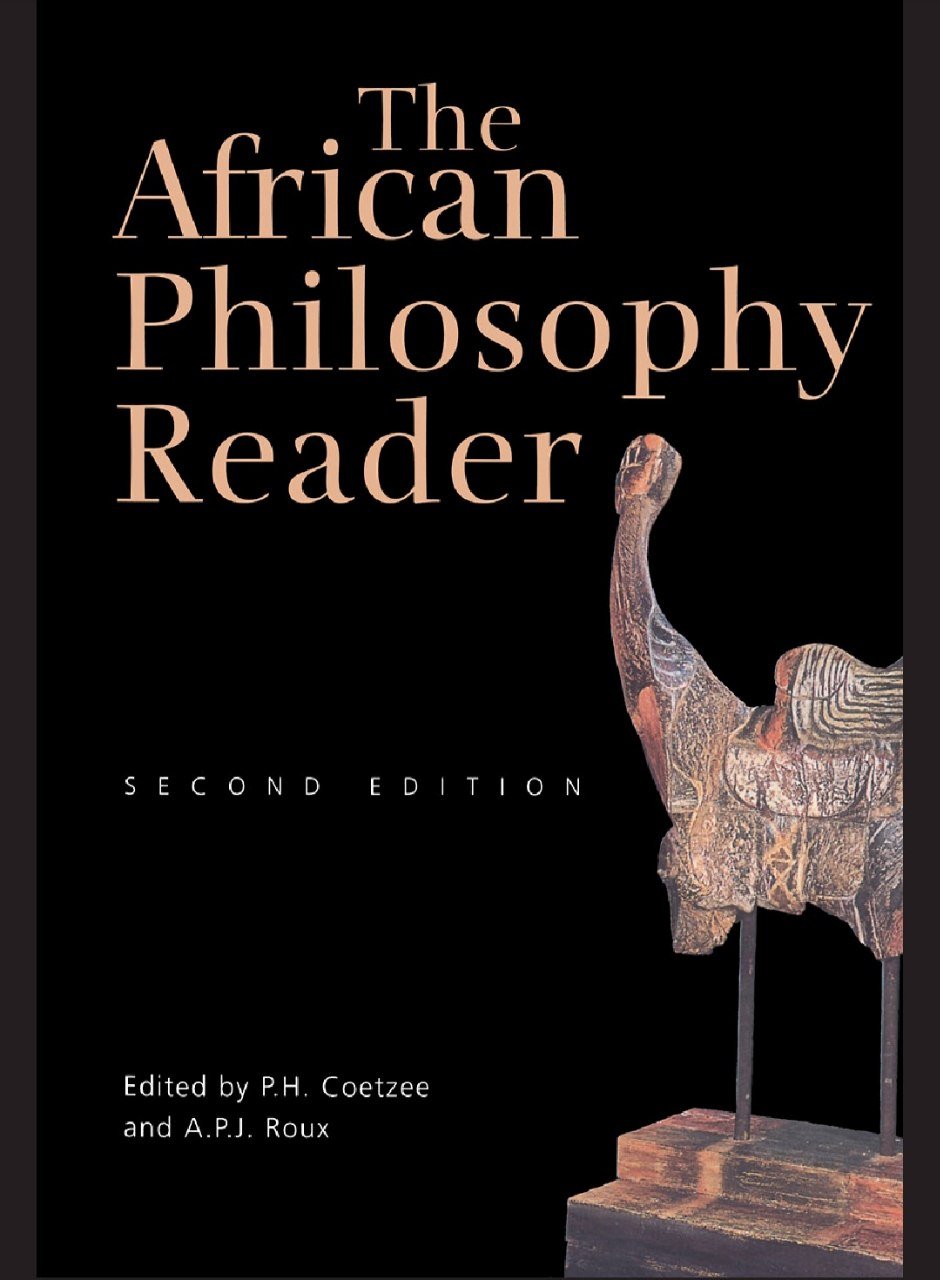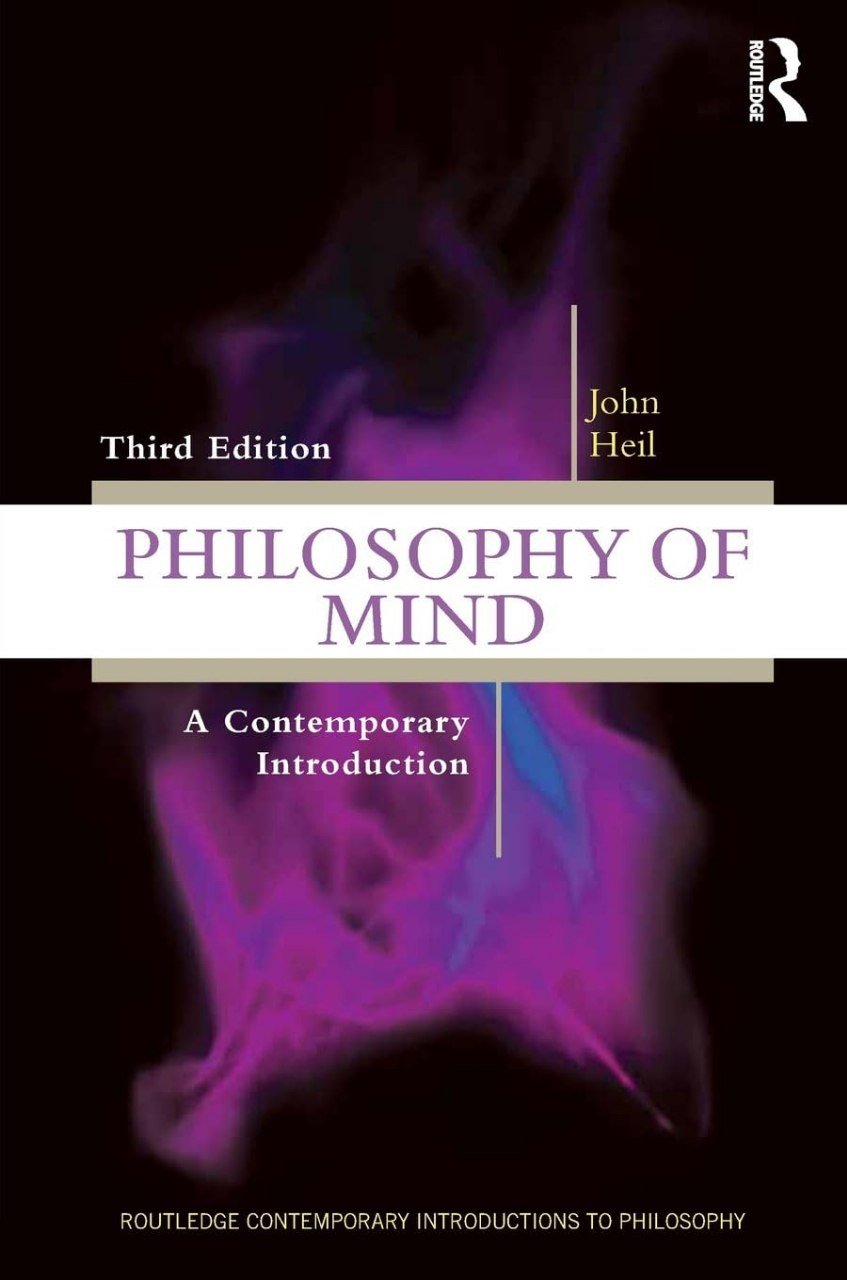

Commentary on the Metaphysics of Aristotle (Volume 2)
Reviews
No review yet. Be the first to review this book!
Description
St. Thomas Aquinas – Commentary on the Metaphysics of Aristotle (Volume 2) is a profound and intricate philosophical work in which Aquinas continues his detailed exegesis of Aristotle’s Metaphysics, particularly focusing on Books II through IV. In this volume, Aquinas addresses the foundational aspects of metaphysical inquiry, such as the nature of being, the principles of non-contradiction, and the pursuit of first philosophy or “wisdom.” He not only clarifies Aristotle’s original intentions but also builds upon them through a Christian lens, merging classical Greek thought with Scholastic theology. Aquinas emphasizes that metaphysics is the science of being qua being—that is, it studies existence in its most universal and abstract sense, rather than any particular kind of being. This includes the study of causes, essences, and substances, as well as the conditions under which knowledge is possible. One of the pivotal concerns in this volume is the nature of truth and the validity of human reason in grasping metaphysical principles. Aquinas affirms Aristotle’s claim that all human beings desire to know, and he underscores the idea that metaphysical truths are not just intellectually satisfying, but essential for understanding the nature of God and the created world. He navigates complex issues such as whether contradiction can exist in reality, ultimately upholding the principle of non-contradiction as a bedrock of rational thought. Throughout the commentary, Aquinas demonstrates his extraordinary ability to synthesize philosophy and theology, showing how Aristotle’s insights can be enriched by—and made to serve—the truths of Christian doctrine. His work remains one of the most significant medieval contributions to Aristotelian scholarship, illustrating not only a masterful grasp of metaphysics but also a dedication to the unity of reason and faith.























.jpg)





.jpeg)






.jpg)
.jpeg)

.png)









.jpeg)

.jpg)











.jpg)
.jpg)
.jpg)














.jpg)




.jpeg)
.jpg)

.jpeg)



